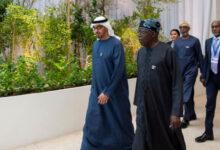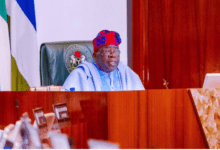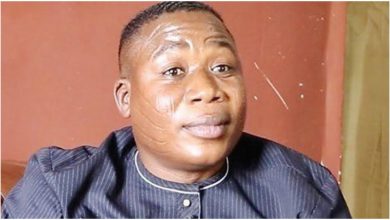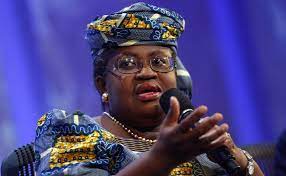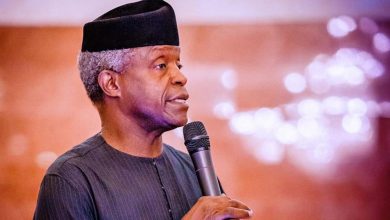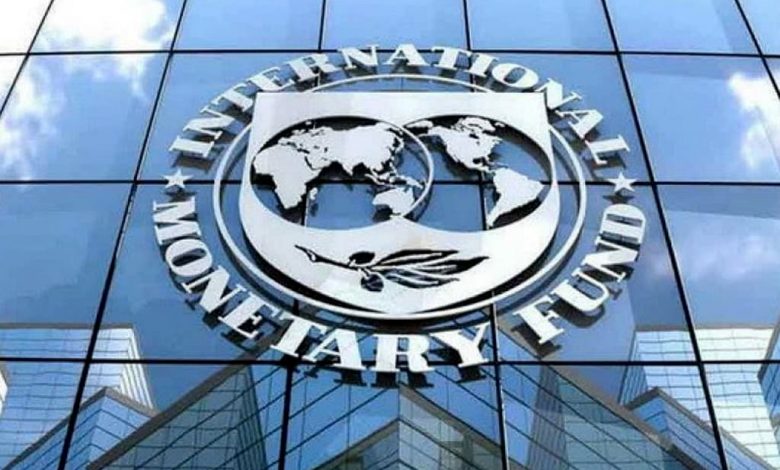
A transcript of her response to a question on Nigeria, obtained from the institution’s websites read in part, “On Nigeria, President Tinubu has implemented two bold and important reforms shortly after taking office.
“The first is on fuel subsidies. Nigeria’s fuel subsidies were costly, especially for the budget, and not well targeted to provide relief for vulnerable households, and so this was rectified. And the second was unifying of the official exchange rate and that removed long standing distortions of the multiple exchange rate system.NYSC Portal
“You asked a specific question on inflation. Inflation in Nigeria is running very high. It reached over 27 percent in October, that is the year-on-year number.
👉 Relocate to Canada Today!
Live, Study and Work in Canada. No Payment is Required! Hurry Now click here to Apply >> Immigrate to Canada“The Central bank, under its new leadership, has started to withdraw excess liquidity that was in the system and contributing to high inflation.
“The next Monetary Policy Committee meeting should further raise policy interest rate. So, the Central bank is taking action to try to address the high inflation problem. As we mentioned in our Article IV Consultation, which was held in February of 2023, raising revenue from the very current low revenue to GDP ratio of 9 percent is essential to create fiscal space for social and development spending.JAMB Portal
9 percent of GDP is a very low revenue to GDP ratio, and it is really not high enough to be able to support strong social safety nets, and development spending, to help protect vulnerable households and also to meet Nigeria’s development needs.
” The 2024 budget aims to reduce the fiscal deficit while also creating space for these priority spendings, both on the social side and also on the development side.”
